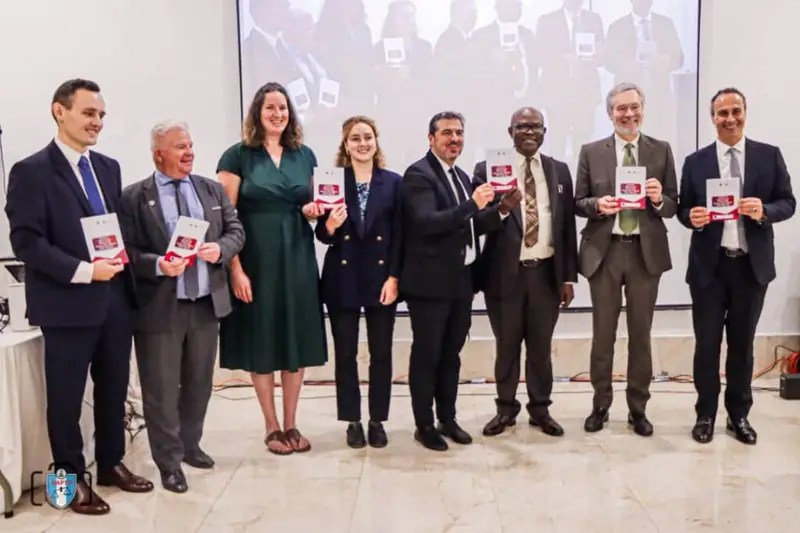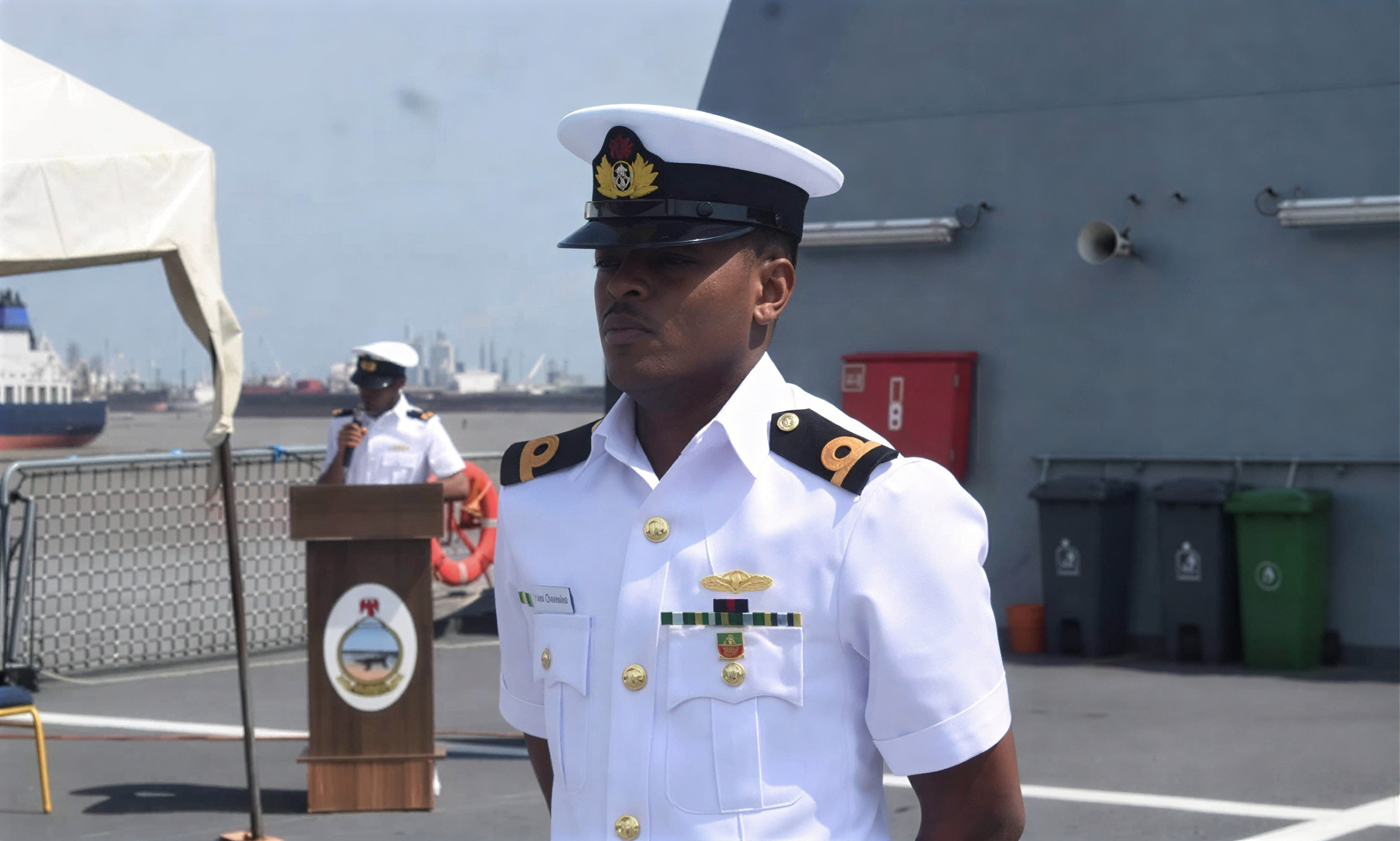Nigeria, France, and Italy have joined forces to launch the Common Operational Partnership (COP Nigeria), a project designed to fight human trafficking more effectively. The initiative, unveiled in Abuja with European Union (EU) support, aims to strengthen the National Agency for the Prohibition of Trafficking in Persons (NAPTIP) and boost cross-border collaboration.
EU Backs Nigeria’s Anti-Trafficking Efforts
According to EU Ambassador Gautier Mignot, the partnership focuses on two major goals: improving NAPTIP’s capacity to dismantle trafficking networks and protecting vulnerable citizens. He explained that human trafficking destroys lives and violates basic rights.
Moreover, Mignot noted that the EU Pact on Migration and Asylum promotes stronger cooperation between countries of origin and transit. This joint approach, he added, will make anti-trafficking operations more effective. With better technical support and coordination, the COP project can achieve lasting results.
France and Italy Strengthen Their Commitment
French Ambassador Marc Fonbaustier emphasized that tackling human trafficking is both a necessity and a moral duty. He described the COP initiative as “concrete, ambitious, and action-oriented.” It will help law enforcement agencies share intelligence, conduct joint investigations, and ensure coordinated victim support.
Furthermore, the project is funded by the International Center for Migration Policy Development (ICMPD) and implemented by CIVIPOL, the French Ministry of Interior’s cooperation agency. Fonbaustier also praised Nigeria’s government and NAPTIP for their strong commitment to ending human trafficking. According to him, fighting trafficking also means tackling poverty and inequality.
NAPTIP to Lead Local Implementation
NAPTIP Director-General Hajia Binta Adamu-Bello stated that Nigeria plays a central role in West Africa’s migration system. The country serves as a source, transit, and destination for victims of human trafficking. She explained that the COP project builds on NAPTIP’s core areas: Policy, Prevention, Protection, Prosecution, and Partnership.
In addition, the initiative will strengthen institutional capacity and encourage collaboration with regional partners. It focuses on four key pillars: joint needs assessment, training and mentoring, operational support, and geographic focus.
To begin with, the pilot phase will take place in Cross River, Osun, Katsina, and the Federal Capital Territory (FCT). These regions were selected because they lie along high-risk migration routes. The project will also promote information sharing, intelligence cooperation, and victim-centered interventions.
Conclusion
The Common Operational Partnership (COP Nigeria) marks a new chapter in the global fight against human trafficking. Through this alliance, Nigeria, France, and Italy, supported by the EU, are showing that joint action can protect lives and uphold human dignity.
With coordinated strategies, improved enforcement, and stronger partnerships, the initiative offers real hope in the campaign to end trafficking across West Africa.



